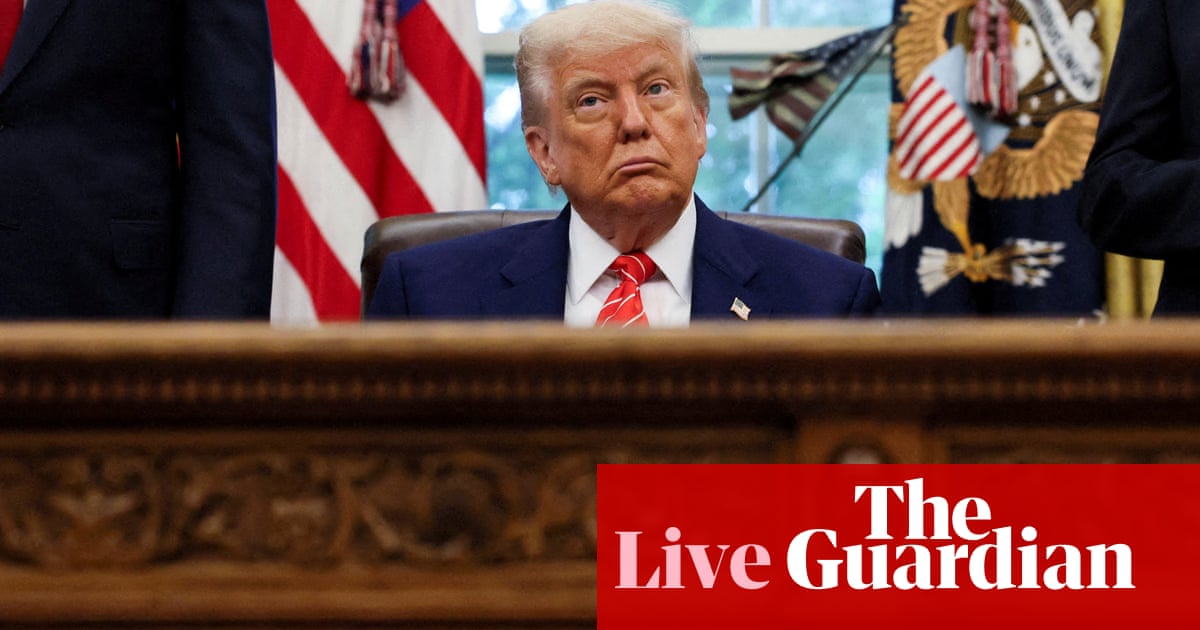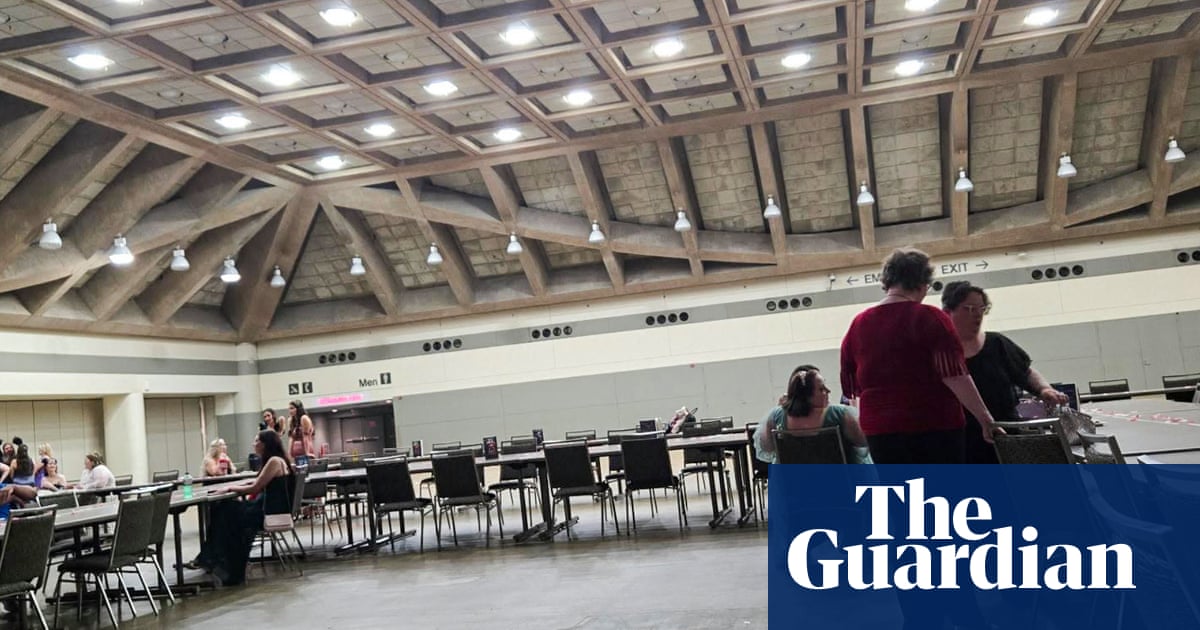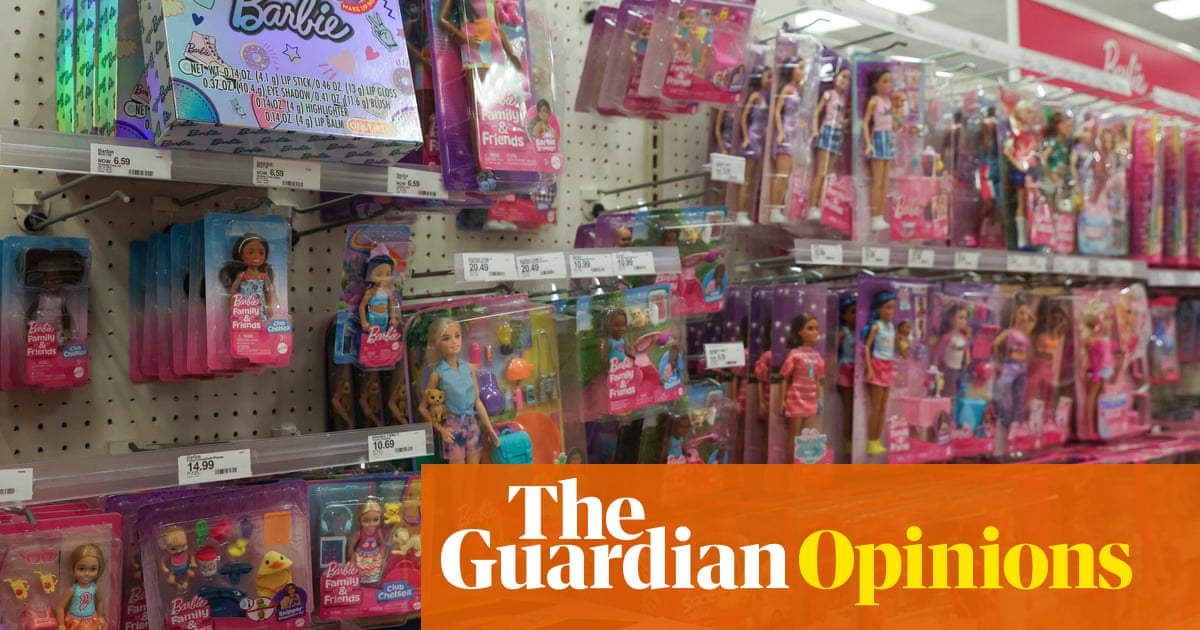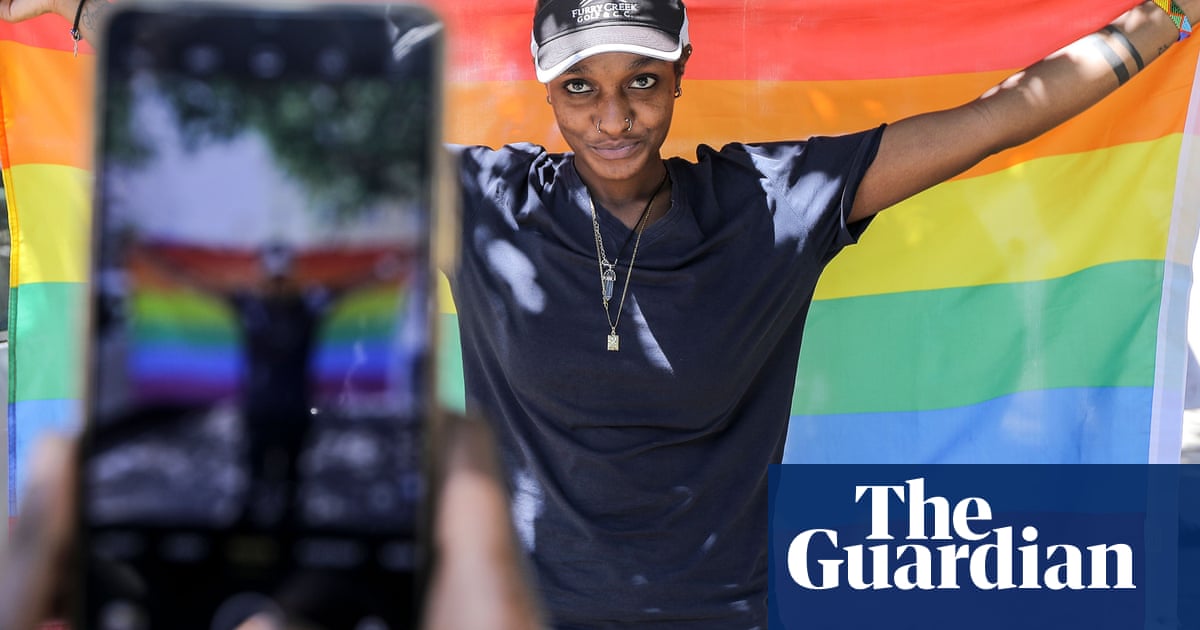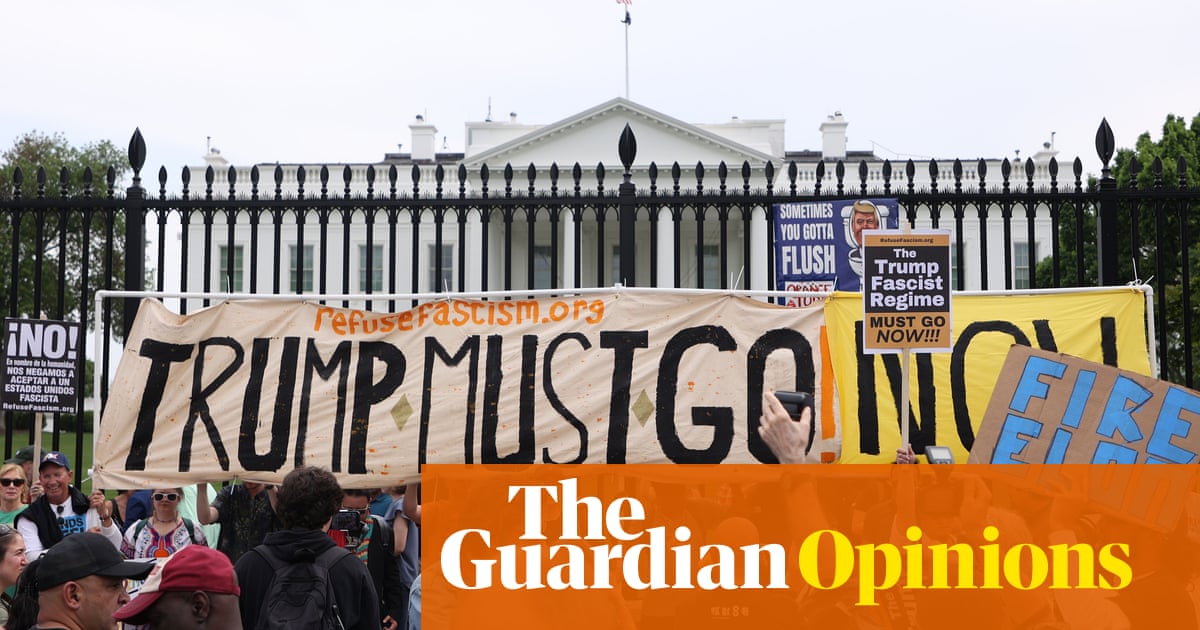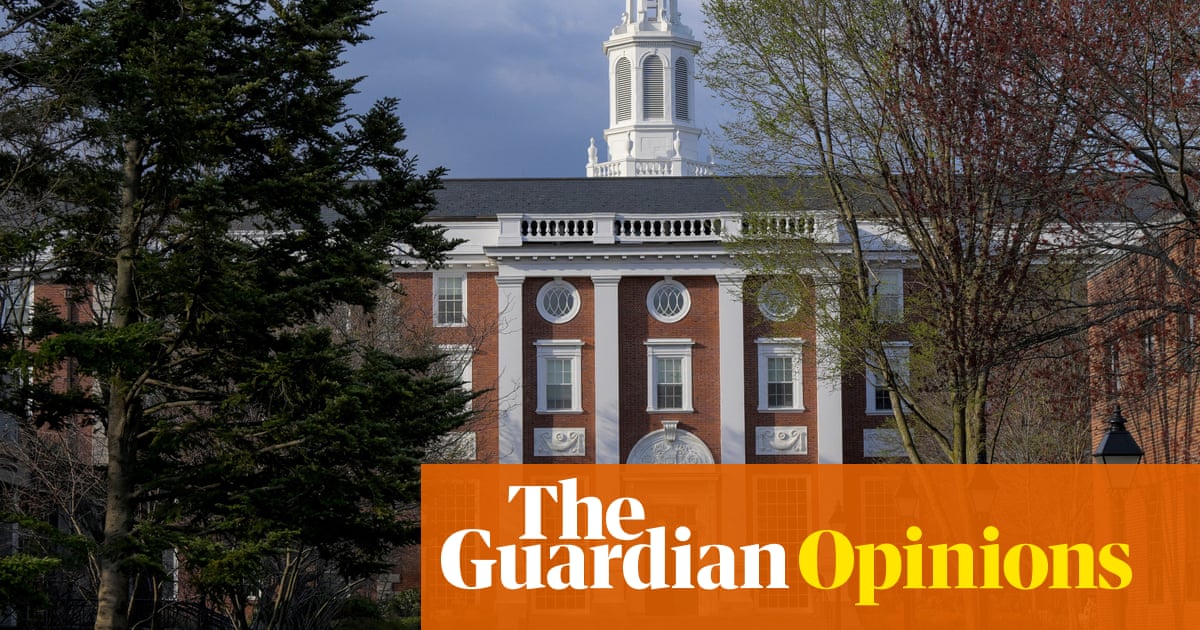As Sudan approaches its third year of civil war, the dynamics are suddenly shifting. Sudan’s military, which launched a major offensive against the paramilitary Rapid Support Forces (RSF) in September, made swift progress in Gezira state, and in recent days has abruptly and unexpectedly regained ground in Khartoum.
Whether it has truly turned the tide – as key backers appear to believe – has yet to be seen. Even if the capital can be fully retaken and secured, reconstructing the devastated city would be an immense task. The RSF might well entrench themselves elsewhere; this may further spur their ferocity in the western region of Darfur. Meaningful negotiations between the warring parties look even more distant. There is still less prospect of a return to civilian politics, overthrown in a coup by the partnership of the army chief, Gen Abdel Fattah al-Burhan, and the RSF leader, Lt Gen Mohamed Hamdan Dagalo – known as Hemedti – before they turned on each other.
It is hard to fully capture the brutality of that shift from hopes of a brighter future to the horror of this conflict. Atrocities have been committed by both sides, but especially the RSF, with the US formally declaring that they have committed genocide in Darfur – as their progenitors, the Janjaweed militias, did two decades ago.
Yet the international community’s indifference to the suffering of Sudanese civilians is also deeply shocking. With its gaze fixed on the wars in Gaza and Ukraine, it has largely ignored what António Guterres, the UN secretary general, has described as “a nightmare of violence, hunger, disease and displacement”. Half of Sudan’s population – almost 25 million people – face high levels of acute food insecurity, with a third of those facing an emergency or famine-like situation.
Both the warring parties have used the denial or destruction of food as a weapon. But this is not just about the problems of delivery. The UN’s humanitarian appeal remains appallingly underfunded. Sudanese people who have fled to Ethiopia, Chad, South Sudan and Uganda are receiving only 30%-60% of a full food ration. No one expects help from the new US administration – Elon Musk’s announcement of the shutdown of USAid has seen crucial drugs abandoned in Sudanese warehouses. But many other countries are failing Sudan too. Multiple parties have fed the conflagration to further their own interests. Too few want to deal with the consequences.
Already there are growing concerns that the war could capsize South Sudan. Though the fragile 2018 truce has so far held in the world’s newest nation, Sudan’s conflict has brought hundreds of thousands of refugees, soaring food prices and a devastating, months-long halt to oil exports, which account for 80%-90% of the government budget. There is also mounting unease about Chad. The Chadian government’s alliance with the United Arab Emirates, which backs the RSF, has caused anger, and there are worries that the influx of refugees may be destabilising intercommunal relations.
Sudan’s location – between the Sahara, the Horn of Africa, the Sahel and the Red Sea – means that what happens within its borders has profound implications beyond them. Even if Europe would prefer to pretend that this crisis is not happening, it is also desperate to limit migration and contain the growth and impact of violent extremism in the Sahel. To ignore this catastrophe is not only inhumane but, even in terms of self-interest, unwise.

 3 months ago
41
3 months ago
41

